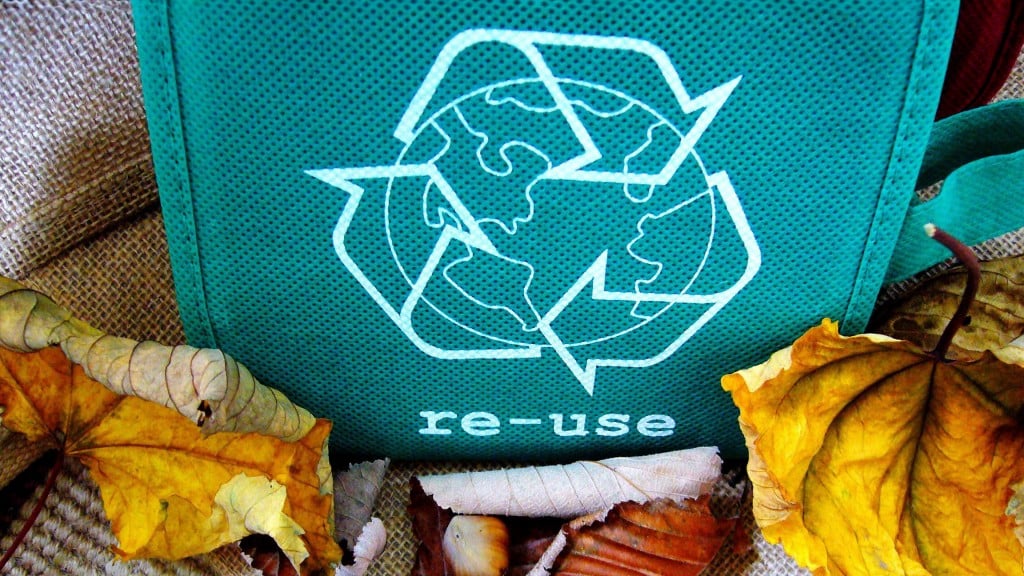Gold surges, copper in focus as experts address global trade shifts
Changes to the non-ferrous recycling sector will continue to affect prices as trade barriers stiffen

BIR's Non-Ferrous Metals Division held a meeting and plenary session at its annual convention in Valencia in late May to discuss the current challenges facing the non-ferrous recycling sector, notably shifting trade policies.
A guest presentation from Adam Shaffer, vice president of international trade and global affairs at the US Recycled Materials Association (ReMA), highlighted the particular concern surrounding the 25 percent tariffs imposed on the U.S.'s neighbours to the north and south: "Around 60 percent of US imports of recycled materials do come from Canada and Mexico, so this causes a significant level of shock within the US," he said. A "relief valve", he added, was the exemption for goods collected within the region.
Growing concerns for copper
In regards to the potential retaliatory measures by other governments, "one of the biggest concerns we have as an industry in the U.S. is copper", he continued, not least because of the huge copper component in U.S. exports of recycled materials to China. ReMA was looking to focus its advocacy efforts "where we will have the most impact", concluded Mr. Shaffer. It was also offering its members tariff guidance through its website, weekly webinars, and alerts.
Philippe Chalmin, professor of Economic History at Paris-Dauphine University and founding chairman of the CyclOpe commodity research institute, suggested in his own guest presentation that the influence of geopolitics on non-ferrous markets was, in many ways, "business as usual".
The price of gold soars as markets remain unstable
Over the years, metals have attracted wide-ranging attention from governments through, for example, taxes, mining agreements, embargoes, and quotas, he pointed out. Having hailed copper as "the strategic metal of the 21st century" because of its pivotal role in the energy transition, Professor Chalmin identified gold as the metal to have reacted most notably to U.S. tariffs in that its price had now soared well above US$ 3000 per ounce. While an industrial metal for some, in many other ways gold was "just an index of world happiness and, unfortunately here, of world unhappiness", the speaker lamented.
During a subsequent question-and-answer session co-moderated by Rick Dobkin of Shapiro Metals in the USA and Anirudha Agrawal of Manaksia Aluminium in India, Mr. Shaffer predicted that the markets would continue to experience "a little bit more of this wild ride" given the pace of developments in the U.S. and the uncertainty surrounding what would come next from the new administration. At the same time, he added, other governments might see this as an opportunity to form new alliances and trading partnerships.




